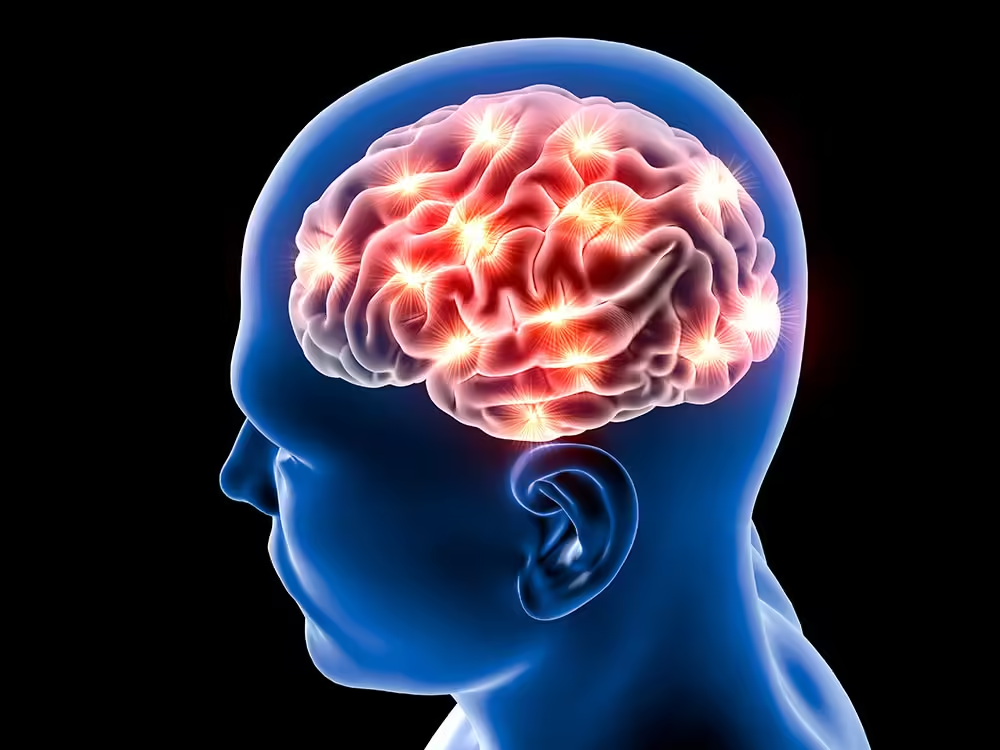Neurological conditions encompass a vast spectrum of disorders that affect the nervous system, ranging from common ailments like headaches to debilitating diseases such as Alzheimer’s and Parkinson’s. This comprehensive guide explores a definitive neurological conditions list, providing insights into their diverse symptoms and effective management strategies. Understanding these conditions is crucial as they impact millions worldwide, often challenging patients, caregivers, and healthcare providers alike with their complex nature and varying degrees of severity.
The nervous system, comprising the brain, spinal cord, and peripheral nerves, plays a fundamental role in coordinating and regulating bodily functions. When affected by neurological disorders, this intricate system can manifest a wide array of symptoms that disrupt daily life and necessitate specialized care. From neurodegenerative disorders that progressively impair cognitive and motor functions to episodic conditions like migraines and seizures, each neurological disorder presents unique challenges and management requirements.
This article aims to demystify neurological conditions list by categorizing them based on their underlying mechanisms and clinical presentations. By outlining common symptoms and diagnostic criteria, individuals can better recognize early signs and seek timely medical intervention. Moreover, elucidating effective management strategies, from pharmacological treatments and rehabilitative therapies to lifestyle adjustments, empowers patients and caregivers to navigate these conditions with informed decision-making and improved quality of life.
As medical research continues to advance, so too does our understanding of neurological disorders, paving the way for innovative treatments and enhanced support systems. By fostering awareness and education about the definitive neurological conditions list.
Defining Neurological Conditions List
The neurological conditions list encompass a broad spectrum of disorders affecting the nervous system. This includes the brain, spinal cord, peripheral nerves, and the autonomic nervous system. These conditions can be broadly categorized into:
1. Neurodegenerative Disorders:
These involve progressive degeneration of nerve cells, such as in Alzheimer’s disease, Parkinson’s disease, and amyotrophic lateral sclerosis (ALS).
2. Stroke and Vascular Disorders:
Conditions like ischemic stroke, hemorrhagic stroke, and transient ischemic attacks (TIAs) result from disruptions in blood supply to the brain.
3. Headaches and Migraines:
Chronic conditions are characterized by recurrent headaches, including migraines, tension headaches, and cluster headaches.
4. Epilepsy and Seizure Disorders:
Conditions marked by abnormal electrical activity in the brain, lead to seizures and related symptoms.
5. Neuromuscular Disorders:
These affect the nerves that control voluntary muscles, such as muscular dystrophy, myasthenia gravis, and peripheral neuropathy.
Common Symptoms and Diagnostic Criteria
Each neurological conditions list manifests with unique symptoms, that may overlap with other disorders. Symptoms can include:
– Cognitive Changes:
Memory loss, confusion, and impaired reasoning (e.g., in Alzheimer’s disease).
– Motor Symptoms:
Weakness, tremors, spasticity, and difficulty walking or moving (e.g., in multiple sclerosis or Parkinson’s disease).
– Sensory Symptoms:
Numbness, tingling, pain, or altered sensations (e.g., in peripheral neuropathy).
– Seizures:
Sudden, uncontrolled electrical disturbances in the brain lead to convulsions or loss of consciousness (e.g., in epilepsy).
– Headaches:
Intense pain, often recurring and debilitating (e.g., in migraines).
– Speech and Language Difficulties:
Impaired communication abilities are due to damage in the language centers of the brain.
Diagnosing neurological conditions often involves a combination of medical history review, neurological examinations, imaging studies (such as MRI or CT scans), and specialized tests like electroencephalography (EEG) for epilepsy or nerve conduction studies for peripheral neuropathy.
Neurological Conditions List: Management Strategies
Effective management of neurological conditions list focuses on symptom relief, slowing disease progression, and improving quality of life. Treatment approaches may include:
1. Medication:
Depending on the condition, medications such as antiepileptic drugs, immunosuppressants, or pain relievers are prescribed to manage symptoms.
2. Physical Therapy:
Exercises and rehabilitation programs help improve mobility, strength, and coordination in conditions affecting motor function.
3. Speech Therapy:
For conditions affecting speech and language abilities, therapy can help regain and maintain communication skills.
4. Cognitive Rehabilitation:
Techniques and exercises aimed at improving memory, reasoning, and other cognitive functions are vital for conditions like Alzheimer’s disease.
5. Surgical Interventions:
In some cases, surgical procedures may be necessary to relieve pressure on the brain or spinal cord, or to remove tumors causing neurological symptoms.
6. Lifestyle Modifications:
Adopting a healthy diet, regular exercise, stress management techniques, and adequate sleep can support overall neurological health.
7. Nutritional Therapy:
Specific diets or nutritional supplements may benefit certain neurological conditions. For example, ketogenic diets have shown promise in managing epilepsy, while dietary modifications rich in antioxidants are being explored for neurodegenerative disorders like Parkinson’s disease.
8. Psychological Support:
Many neurological conditions impact mental health and emotional well-being. Counseling, cognitive behavioral therapy (CBT), and support groups can Provide valuable emotional support and coping strategies for patients and their families.
Challenges in Diagnosis and Treatment:
Diagnostic challenges in neurological conditions list can delay treatment initiation and impact patient outcomes. Individualized treatment plans, considering factors like age, health, disease progression, and individual preferences, are necessary for each patient’s unique response to treatment.
Neurological Conditions List: Future Directions:
Precision medicine focuses on tailoring treatments based on individual genetic profiles, biomarkers, and environmental factors, offering targeted therapies with fewer side effects and greater efficacy. Patient empowerment through education, advocacy, and involvement in treatment decisions enhances adherence and fosters collaboration between patients, caregivers, and healthcare providers.
Understanding neurological conditions list is crucial for effective management. Early detection, prompt medical attention, and personalized treatment plans can improve quality of life. Advancements in neurology are enhancing our understanding of and treatment options for neurological disorders. This knowledge is vital for patients, caregivers, and healthcare providers, promoting a collaborative approach to comprehensive neurological care.
